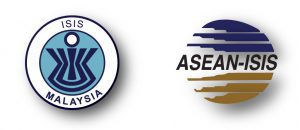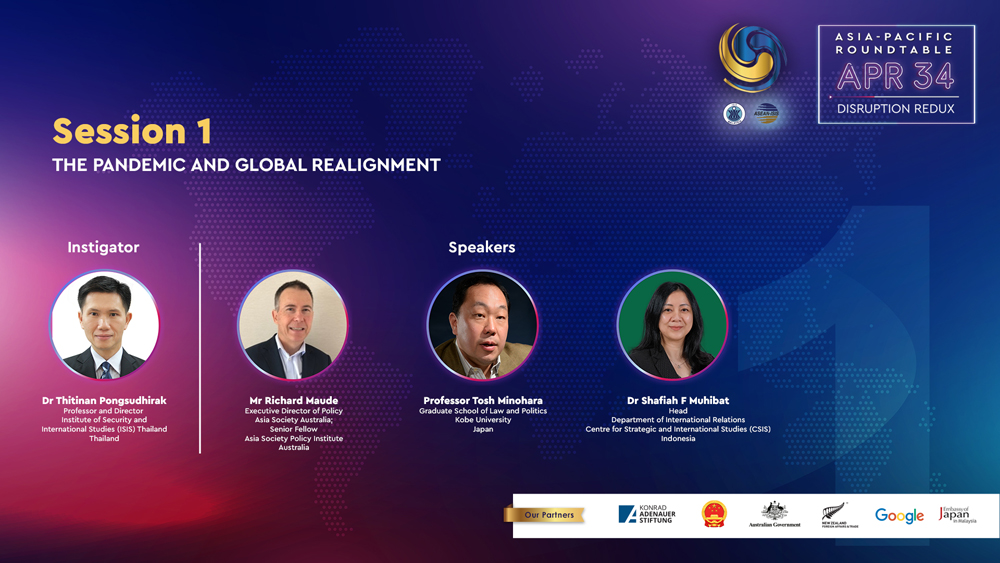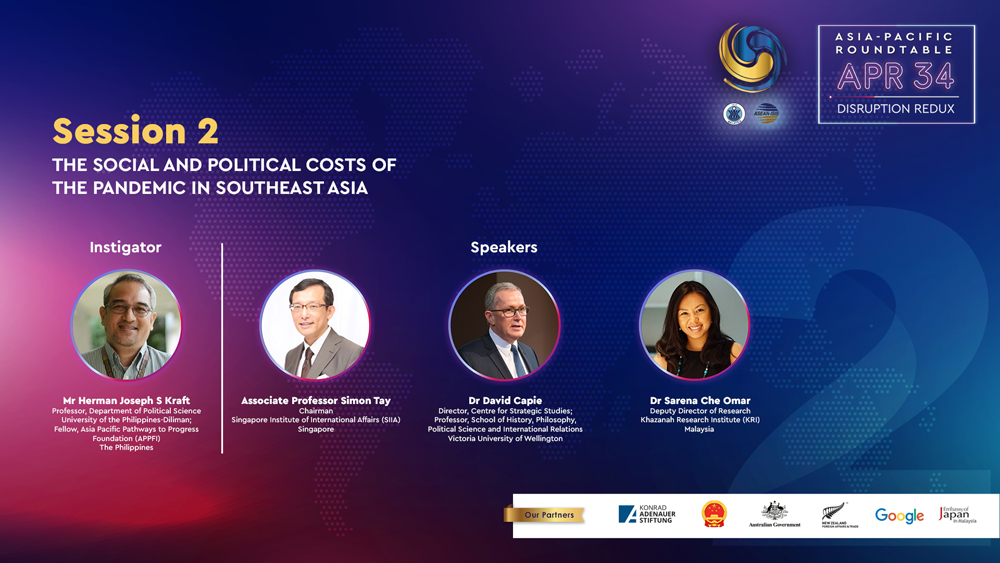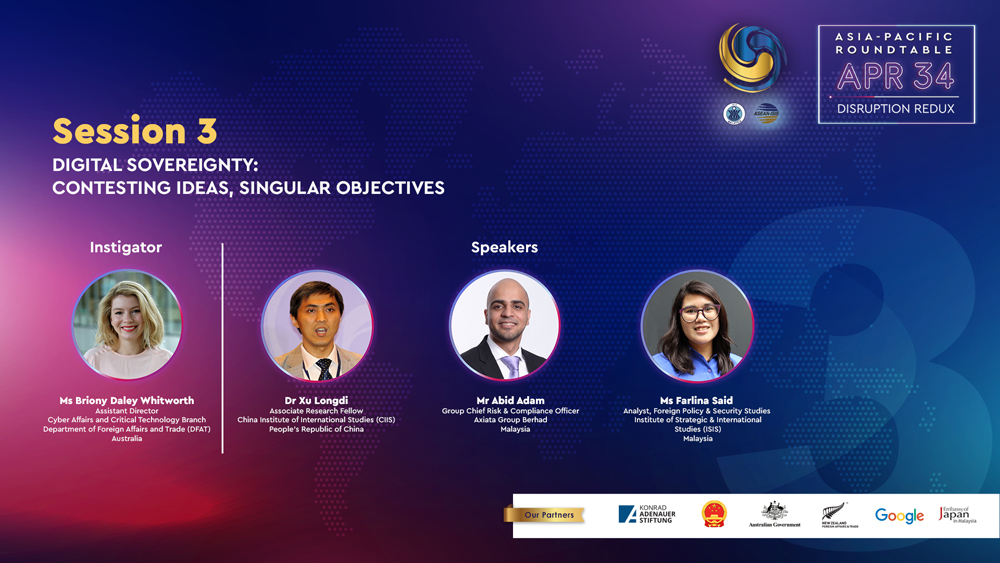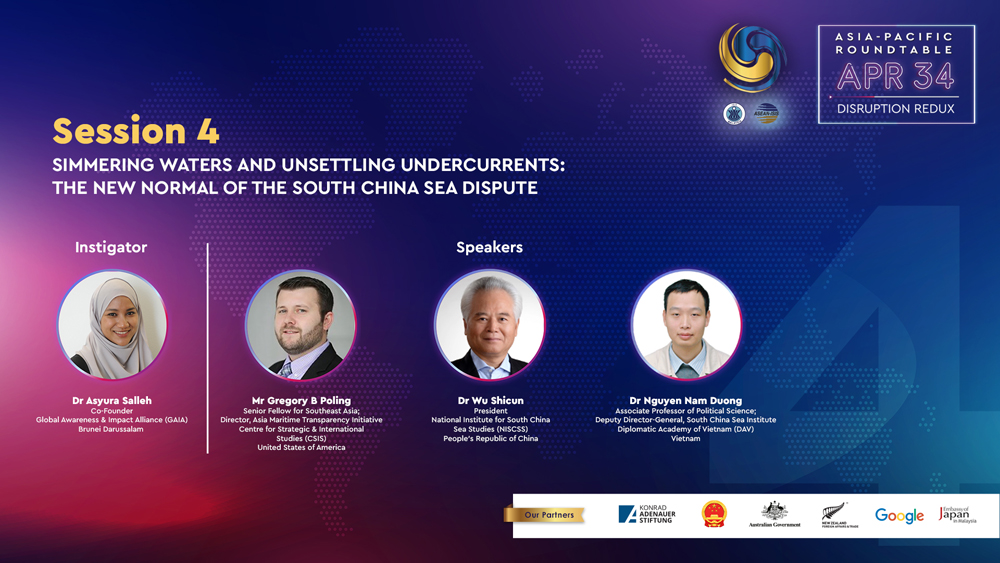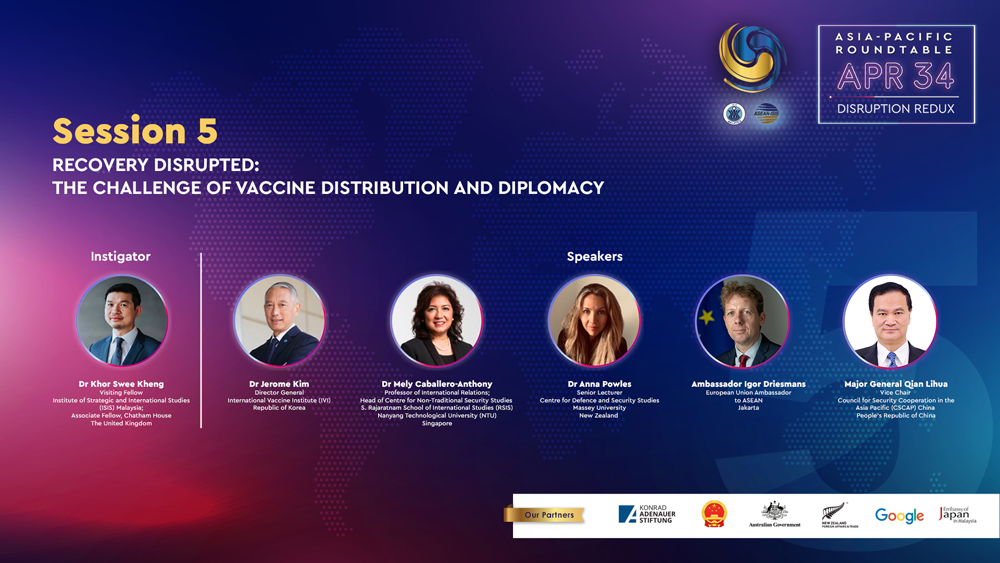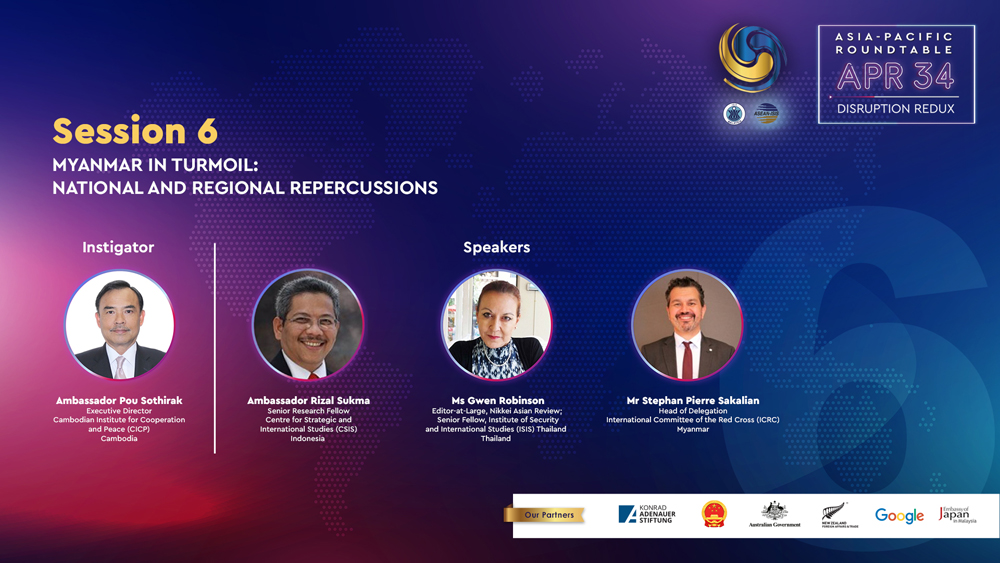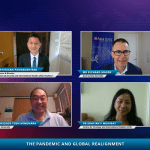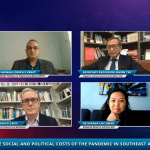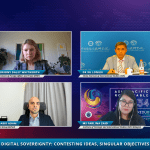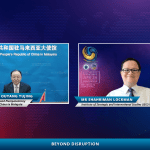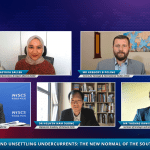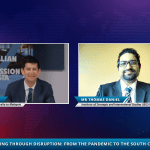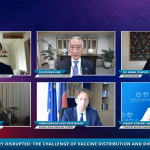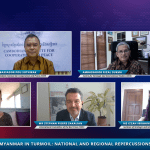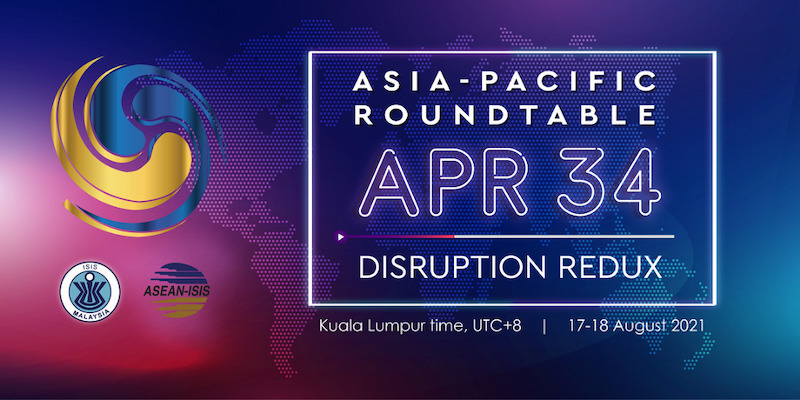

MEDIA
ABOUT
The Asia-Pacific Roundtable (APR) is the signature international conference of the Institute of Strategic and International Studies (ISIS) Malaysia. Widely recognised as one the region’s key Track 2 strategic conferences, the APR has been organised annually for over 33 years, being postponed for the first time in 2020 due to global travel and health restrictions brought about by the COVID-19 global pandemic.
Hosted by ISIS Malaysia, on behalf of the ASEAN-ISIS Network, a network of leading Southeast Asian policy institutes and think tanks, it has regularly attracted over 300 great minds of various backgrounds and has seen lively, frank, and constructive conversations on a gamut of contemporary issues impacting the security, stability, sustainability, and prosperity of the Asia-Pacific region.
This year, the 34th APR focuses on the theme of “Disruption Redux”, underscoring the ongoing disruptive impact(s) of the global pandemic on various spheres of the evolving architectures and mechanisms underpinning the Asia Pacific, and its long-term ripple effects.
PROGRAMME
Day 1 – TUESDAY, 17 AUGUST 2021
(All times in UTC+8)
0900 - 0930 : REGISTRATION
REGISTERED PARTICIPANTS AND ROLE-PLAYERS TO BE ADMITTED TO “NETWORKING / WAITING ROOM”
0930 - 0950 : WELCOMING REMARKS BY ASEAN-ISIS NETWORK DIRECTOR
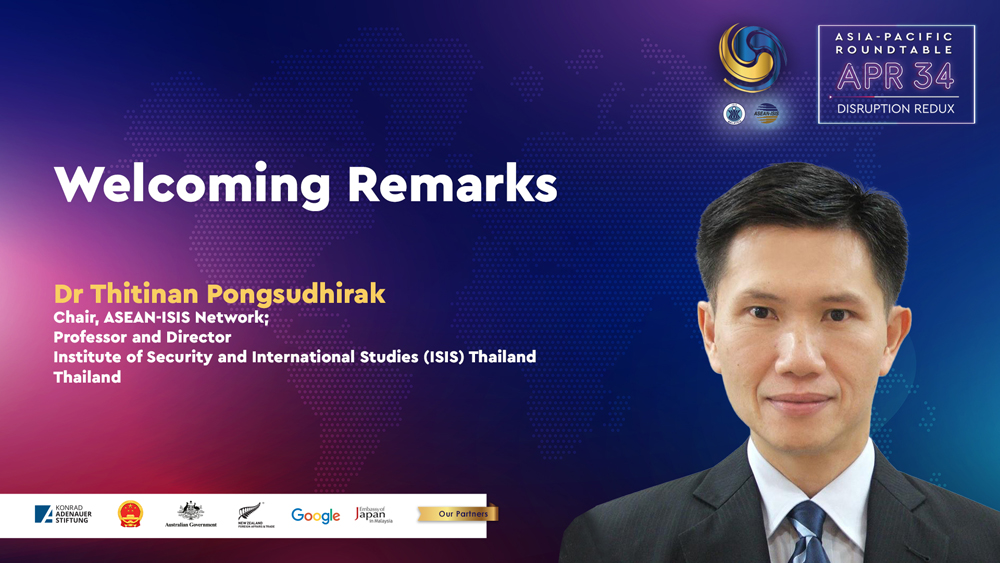
0930 - 0950 : WELCOMING REMARKS BY ISIS MALAYSIA CHIEF EXECUTIVE
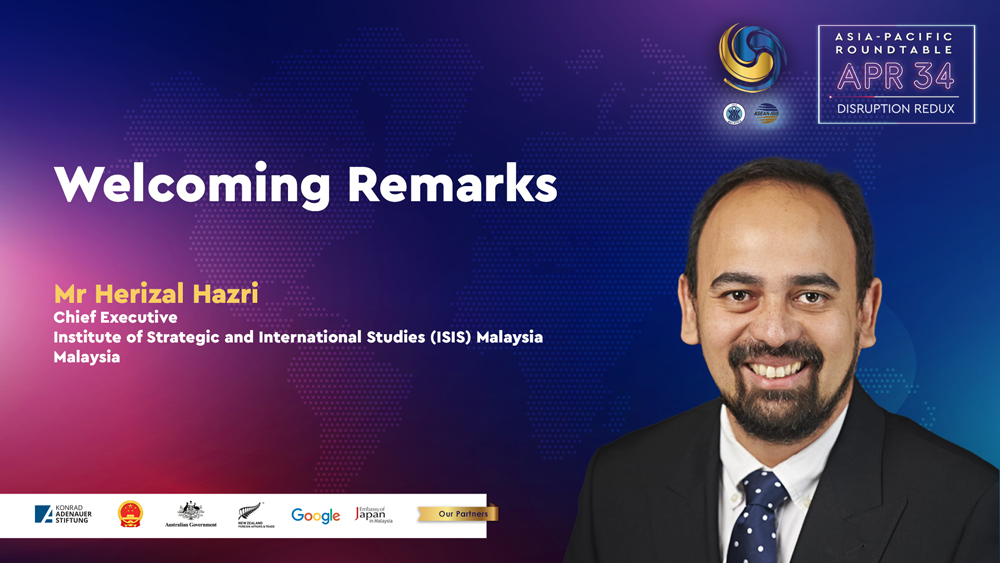
0950 - 0955 : OPENING REMARKS BY THE DIRECTOR GENERAL OF THE WORLD HEALTH ORGANISATION
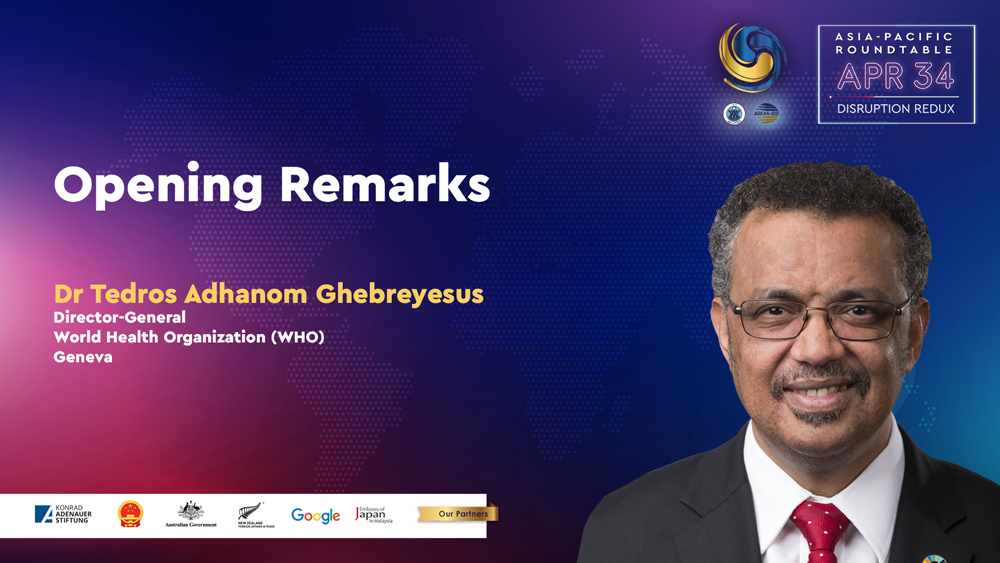
0955 - 1000 : BREAK
1000 - 1100 : SESSION 1 - THE PANDEMIC AND GLOBAL REALIGNMENT
The COVID-19 pandemic has forced the world to confront issues of governance competency, economic resilience and adaptability, and socio-cultural cohesion. While its effects are global, different systems have responded in their own ways and with longstanding repercussions. Instead of tempering major power competition between the United States and China, the pandemic has instead become yet another avenue of rivalry. Could a faster recovery rate lead to greater enthusiasm in Asia-Pacific for more regionalism? How will RCEP, the world’s biggest free-trade agreement, facilitate recovery and realignment? What role will a more formal Quadrilateral Security Dialogue have in this evolving order? How has the pandemic impacted the ongoing global realignment of power and influence? Has it changed the Asia Pacific’s influence in framing and the conduct of multilateral mechanisms and organisations?
1100 - 1105 : BREAK
1105 - 1205 : SESSION 2 - THE SOCIAL AND POLITICAL COSTS OF THE PANDEMIC IN SOUTHEAST ASIA
The closure of borders was among the most significant impact of the pandemic on Southeast Asia. These shutdowns challenged the interdependence among ASEAN member states, ranging from labour and supply chains, to services and capital, and human mobility. Citizens stranded in neighbouring countries faced significant socio-economic, human and political pressures on top of the difficulties brought about by the pandemic. Beyond economics, what are the human and political costs of border shutdowns in Southeast Asia? How has ASEAN moved to address these challenges? As vaccinations pick up in 2021 and 2022, will the region allow travel for the vaccinated?
1205 - 1210 : BREAK
1210 - 1310 : SESSION 3 - DIGITAL SOVEREIGNTY: CONTESTING IDEAS, SINGULAR OBJECTIVES
In recent years, approaches to digital sovereignty have been coloured by techno-nationalism, innovation mercantilism and development gaps. In an environment where the data economy and innovation are dependent on public policies and private sector progress, the need to develop responsible and responsive data governance regimes is clear. Considerations range from policies that widen development gaps by ensuring data collection remain concentrated in the hands of a few to the increasing role of the private sector as arbiters and protectors of the digital domain. How does the evolving environment impact regulations on data retention within borders? What are the policies needed for the private sector and governments to make digital sovereignty feasible? Are there avenues and platforms in Southeast Asia for collaboration between the private sector and governments to develop practices for a safe and stable cyberspace? How do these companies (including telecommunication companies) balance their domestic operations with an interconnected global environment?
1310 - 1340 : AMBASSADORIAL SESSION 1 - BEYOND DISRUPTION
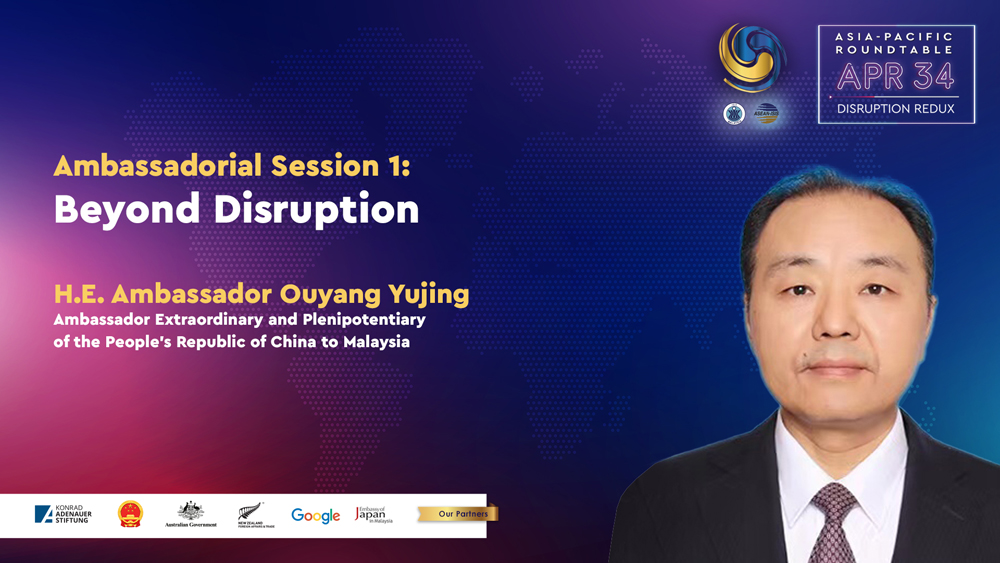
Day 2 – WEDNESDAY, 18 AUGUST 2021
(All times in UTC+8)
0900 - 0930 : REGISTRATION
REGISTERED PARTICIPANTS AND ROLE-PLAYERS TO BE ADMITTED TO “NETWORKING / WAITING ROOM”
0930 - 1030 : SESSION 4 - SIMMERING WATERS AND UNSETTLING UNDERCURRENTS: THE NEW NORMAL OF THE SOUTH CHINA SEA DISPUTE
The Code of Conduct for the South China Sea was supposed to be ready by 2021 but has been delayed by the pandemic. At the same time, 2020 saw rising tensions in territorial dispute with reports of harassment of fishing and hydrocarbon exploration activities. This in turn has further aggravated the risk of the dispute being subsumed under the US-China competitive dynamics. Beyond the strategic and territorial disputes, the maritime ecosystem of the South China Sea also continues to suffer from sustained degradation. What is the impact of these developments on ASEAN and its claimant states? How close China and ASEAN to the Code of Conduct, and what are the main points of progress and hurdles? What are the impacts of these developments on coastal communities and how can they be mitigated?
1030 - 1035 : BREAK
1035 - 1135 : SESSION 5 - RECOVERY DISRUPTED: THE CHALLENGE OF VACCINE DISTRIBUTION AND DIPLOMACY
The availability of COVID-19 vaccines adds a new dimension to managing the pandemic – their acquisition and distribution. With demand fast outstripping supply in Southeast Asia, governments are racing not just to secure vaccines but also to administer them. At the same time, vaccine diplomacy adds a significant new dimension in regional strategic calculations. Initially led by China, individual efforts by members of the Quad have now coalesced under a combined effort to ramp up vaccine production and distribution to countries in the Indo-Pacific and beyond. What are some of the challenges that different states still face in acquiring as well as distributing vaccines? Have internal safeguards hindered, rather than helped, this process? How does vaccine diplomacy outreach by regional powers impact the tough decisions faced by developing countries?
1135 - 1140 : BREAK
1140 - 1210 : AMBASSADORIAL SESSION 2 - PARTNERING THROUGH DISRUPTION: FROM THE PANDEMIC TO THE SOUTH CHINA SEA
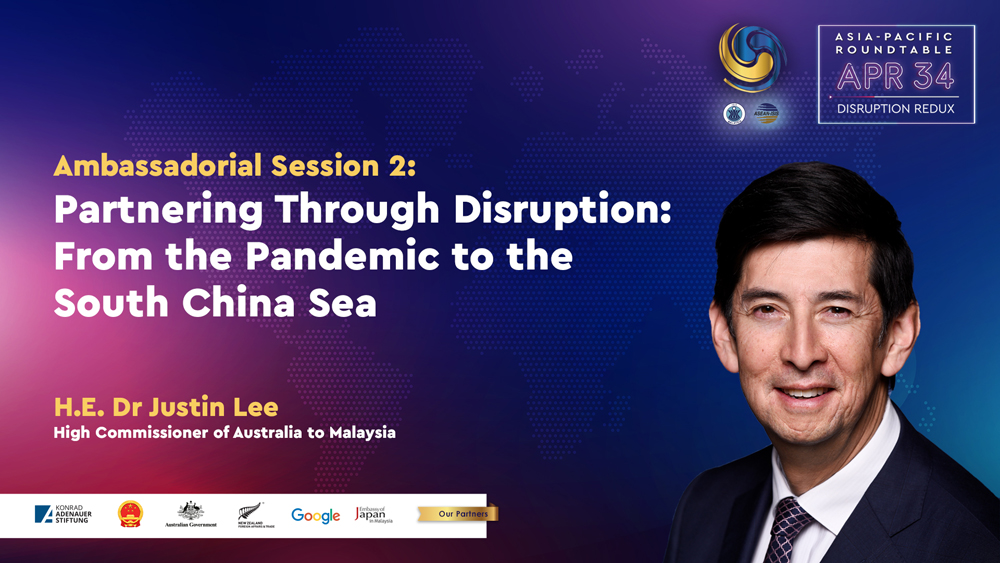
1210 - 1215 : BREAK
1215 - 1315 : SESSION 6 - MYANMAR IN TURMOIL: NATIONAL AND REGIONAL REPRECUSSIONS
The struggle for state power and recognition between competing factions in the aftermath of Myanmar’s February 1 coup continues amidst worsening social unrest across the country. ASEAN is under pressure to take the lead in persuading the multiple factions to resolve their difference peacefully, but itself remains divided on its course of action. This session aims to unpack the following: What are the prospects for realistic conditions necessary for all stakeholders to negotiate their way out of the crisis? Does ASEAN have the capacity to bring these factions together? What are the humanitarian costs of the ongoing violence to those in the country and the large number of Myanmar refugees abroad? How likely is the domestic deterioration in Myanmar to impact ASEAN as a regional organisation, its centrality and relations with Dialogue Partners? How is ASEAN’s action, or inaction, viewed among its own people?
1315 - 1330 : CLOSING REMARKS BY THE CHIEF EXECUTIVE OF ISIS MALAYSIA
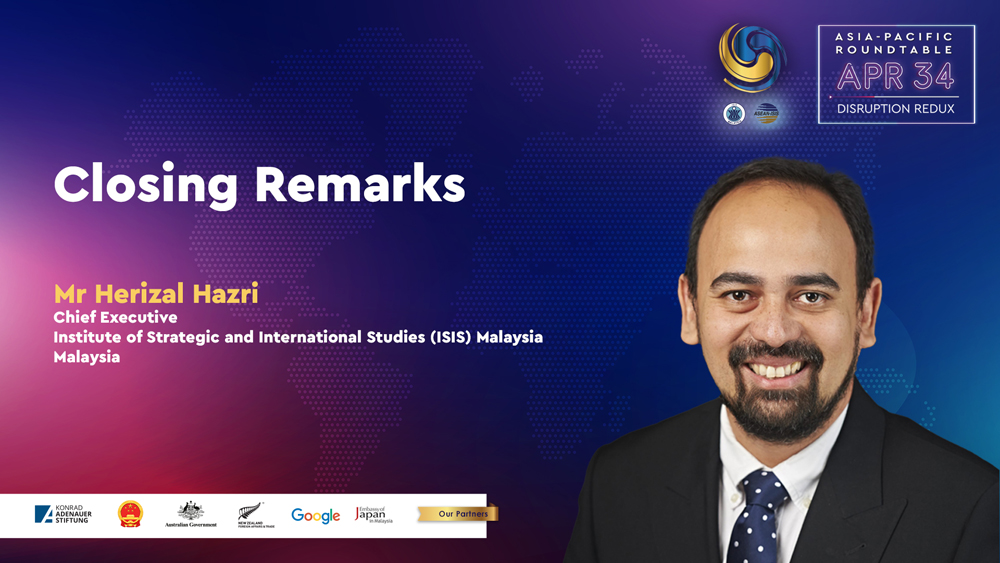
Photo gallery
Programme book
Media Centre
34th APR Report
Contact us
Ms Atikah / Mr Louis Denis:
events@isis.org.my
Please contact Atikah Ishak (atikah@isis.org.my) and Louis Denis (louis.denis@isis.org.my) for information on sponsoring the 34th Asia-Pacific Roundtable.
OUR PARTNERS

ORGANISERS
